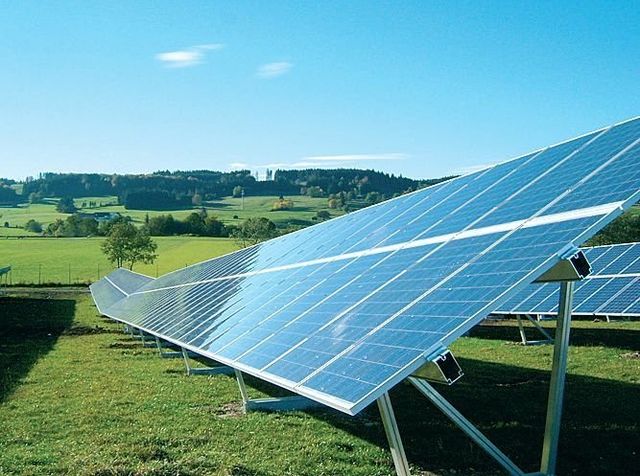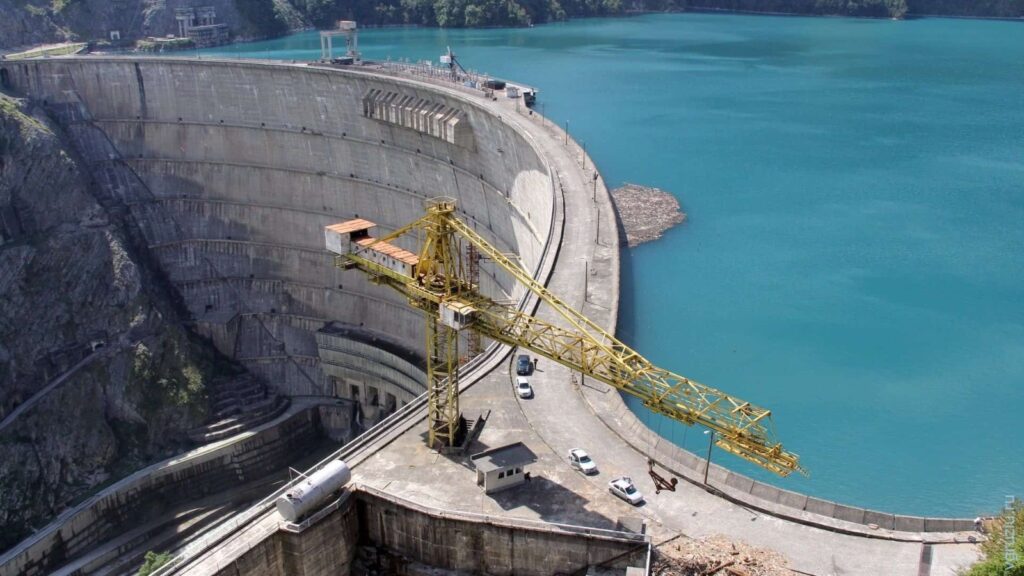In a press release on its website, on October 31st the World Bank announced a new five-year Country Partnership Framework (CPF) for the Kyrgyz Republic that defines the strategic focus of the World Bank’s engagement with the country around job creation, natural resource management, and improving human capital outcomes. The CPF lays out a selective and flexible program for World Bank assistance. “The World Bank has been a trusted partner of the Kyrgyz Republic for the last 30 years”, said Kyrgyz Republic’s Minister of Finance, Almaz Baketaev. “The new Country Partnership Framework responds to the Kyrgyz Republic’s National Development Strategy to 2040 and the National Development Program for 2022-2026. The new partnership strategy will reinforce the efforts of the Cabinet of Ministers to modernize the economy, promote inclusive growth, and build a more prosperous future for all”. “The World Bank is proud to support the Kyrgyz Republic’s ambitious and well-articulated reform agenda”, said Tatiana Proskuryakova, the World Bank’s Regional Director for Central Asia. “Under our new Country Partnership Framework, we will support the country’s economic transformation with policy advice, technical assistance, and planned project financing of around $500 million. New investments will focus on the key priority sectors of energy, water, and agriculture to create a better and more sustainable future for the citizens of the Kyrgyz Republic”. The new CPF is centered around three core pillars aimed at delivering tangible development outcomes: increasing private sector-led job creation; improving access to sustainably managed natural resources, and enhancing human capital and economic empowerment of vulnerable population groups. The CPF also includes a strong focus on key global challenges including strengthening climate resilience and reducing emissions; closing the gender gap; supporting jobs and economic transformation; strengthening institutions; and reducing fragility risk. The World Bank’s Board of Executive Directors also approved $5 million for the technical assistance of Kambarata-1 Hydropower Plant Project. This assistance aims to support the Cabinet of Ministers of the Kyrgyz Republic in updating the Feasibility Study of the Kambarata-1 Hydropower Plant (HPP) Project, enhancing its environmental and social sustainability, and strengthening its financial and commercial frameworks. Kambarata-1 HPP is expected to be among the most cost-effective projects for expanding clean energy resources across the Kyrgyz Republic and Central Asia. It has the potential to address the country’s energy security challenges, generating significant revenues from energy exports whilst also improving downstream HPP operations and water management. “The Kambarata-1 HPP is a critically important project that has the potential to bring huge benefits in clean energy generation, regional cooperation, water security, and environmental safeguards across Central Asia”, said World Bank Regional Director for Central Asia, Tatiana Proskuryakova. “The World Bank’s technical assistance will help the Cabinet of Ministers of the Kyrgyz Republic use the country’s abundant hydropower potential for the benefit of the people and region, while strengthening the governance and financial sustainability of the energy sector”. “Kambarata-1 is a transformative greenfield regional hydropower project that will power the clean energy future of the Kyrgyz Republic and Central Asia”, added World Bank Country Manager for the Kyrgyz Republic, Naveed Hassan Naqvi. “This...




